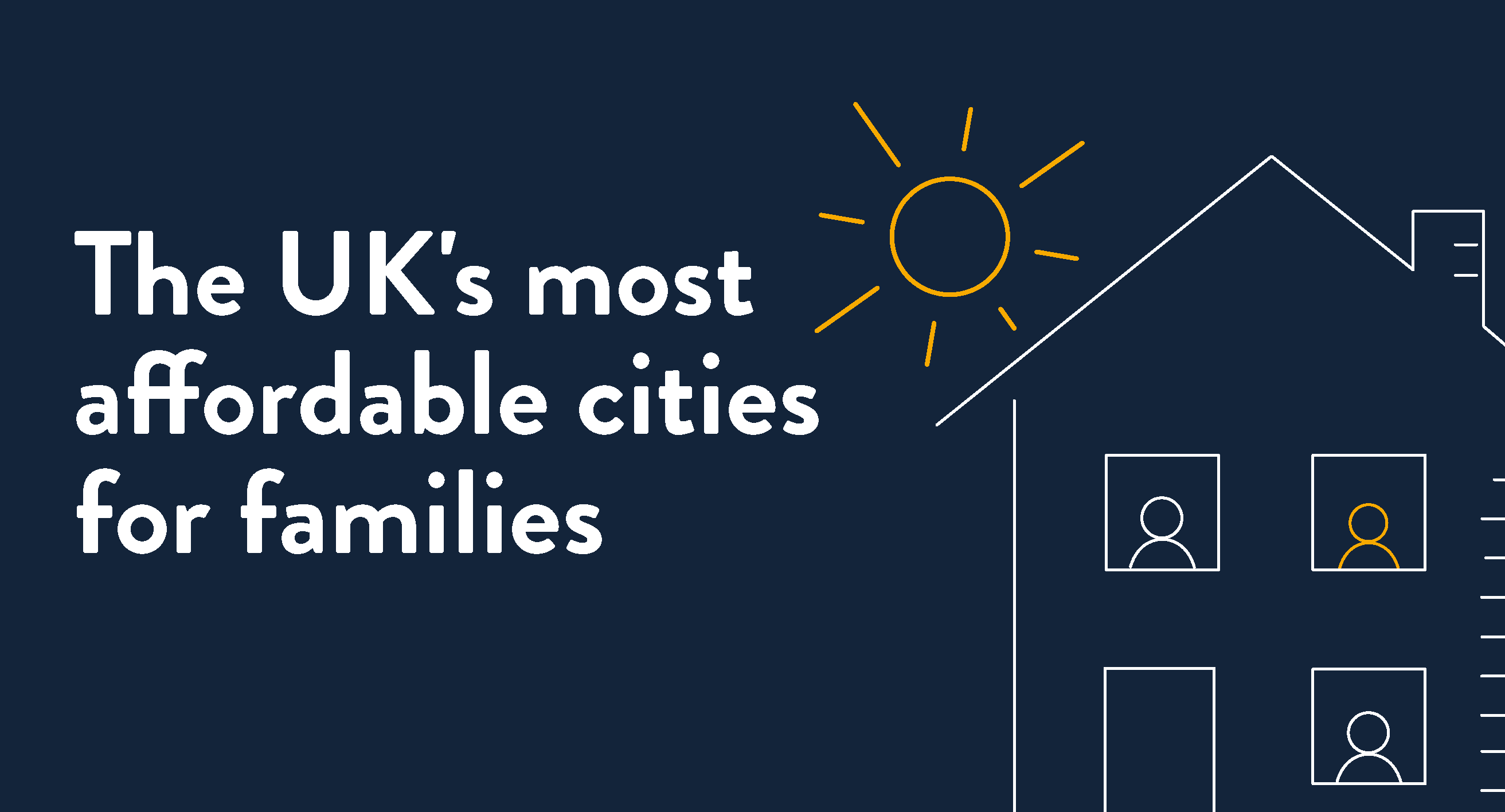
Passport, check! Tickets, check! Sunscreen, check! Pet sitter, check! What about the money? Along with the itineraries, dreams, and lists, you need to consider how you will cost-effectively and effortlessly handle your finance when travelling abroad. Money problems have a habit of ruining holidays: don’t let them ruin yours, by doing some planning.
Before You Leave
Much like the packing and the itinerary, money matters are easier when you do them in advance. There are a few steps to take before you leave which will make things go more smoothly.
• Sort out online banking: Online banking is the easiest and simplest way for you to keep track of your pennies while abroad. If you’re not already, it’s time to become a convert.
• Tell your bank: You tell the neighbours, you tell your family, you tell your workplace and friends. However, don’t forget to tell your bank. This saves the nightmare of your card being stopped abroad because of a sudden unusual transaction showing up – even if it was today’s instalment of souvenirs.
• Copy your travel insurance: Travel insurance is there to make life easier when the unexpected happens. Hopefully, you won’t need to think about it, but if you’ve got copies on you, as well as with someone you can rely on back home, then should the worst happen the insurance wheels can quickly swing into action.
• Leave cards and money you don’t plan to use at home; this will help you to avoid impulse spending on items that you don’t need.
Money, Money, Money
Of course, your biggest financial issue when travelling abroad is how to spend – safely, and cost-effectively.
First up, we highly recommend that you take a selection of payment methods. Why? Because if you only have cash, and run out, or only have one card, and it’s lost, you’re in a pickle. So don’t put all your eggs in one basket. There are varieties of different payment methods from which you can choose.
• Cash: It’s sensible to have some cash in the correct currency when travelling abroad – if nothing else, it makes sense to pay for ice creams, pina coladas, and other small purchases with cash. It makes sense to obtain foreign currency while on home soil if possible, as you can research exchange rates and get a good deal. If possible, avoid changing money at an airport, as this will cost you dearly. It may be possible to find good deals when at your destination, but this may detract from the time you could spend enjoying your holiday.
• Traveller’s Cheques: Traveller’s Cheques aren’t quite out with the dinosaurs yet, although they are going that way. Many travellers like them because they are a secure and reasonably flexible option. However, you are restricted on how and where you can change them. You may prefer to consider a card payment method of some sort.
• Cards: Cards can sometimes be the cheapest and easiest way of managing your money abroad, but be warned: every card differs. You need to check your regular cards to see what fees you may be stung for, and consider whether you should get a new card specifically for travelling – either credit, debit, or prepaid.
Prepaid travel cards are an attractive option because you can load the money onto it before you leave, and then use it much like a debit card. Even better, if you lose it, your cash is protected. However, not everywhere accepts them – car rental places being a notable one. If you choose to get a pre-paid card, consider the likes of Revolut, Monzo, and WeSwap.
If you use a card to withdraw cash abroad, then try to do it in larger amounts rather than various small amounts – this is because you could be charged per transaction.
When You’re Back Home
• Pay card bills quickly: Don’t come back from holiday and fall into debt. Pay off the holiday spending immediately.
• Check your receipts and statements: While you are away, keep receipts, and then tally them with your account once home.
With a little planning and forethought, finances while you’re abroad can be as easy as that beachside cocktail. Happy Travels!


